Here's How to Prevent Your Pipes From Freezing This Winter
Don’t let your pipe dreams turn into nightmares this winter. When temperatures drop, frozen pipes cause homeowner headaches ranging from inconvenient water outages to burst pipes and pricey repair jobs. The fate of your pipes all comes down to location, location, location — the more contact they have with Old Man Winter’s icy chill, the…
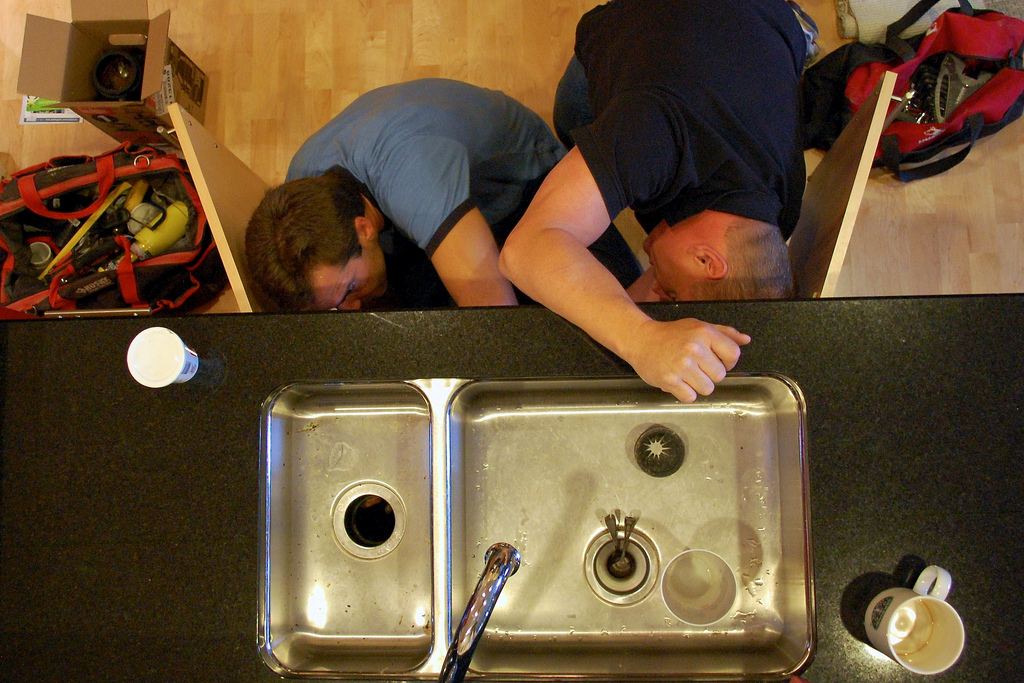
Don’t let your pipe dreams turn into nightmares this winter. When temperatures drop, frozen pipes cause homeowner headaches ranging from inconvenient water outages to burst pipes and pricey repair jobs.
The fate of your pipes all comes down to location, location, location — the more contact they have with Old Man Winter’s icy chill, the more vulnerable they are. The most at-risk pipes usually lie alongside your home’s exterior, within exterior walls or in unheated areas like a garage or crawl space.
Whether you’re in an Upstate farmhouse or Park Slope brownstone, follow these tips to keep your plumbing in top shape this winter.
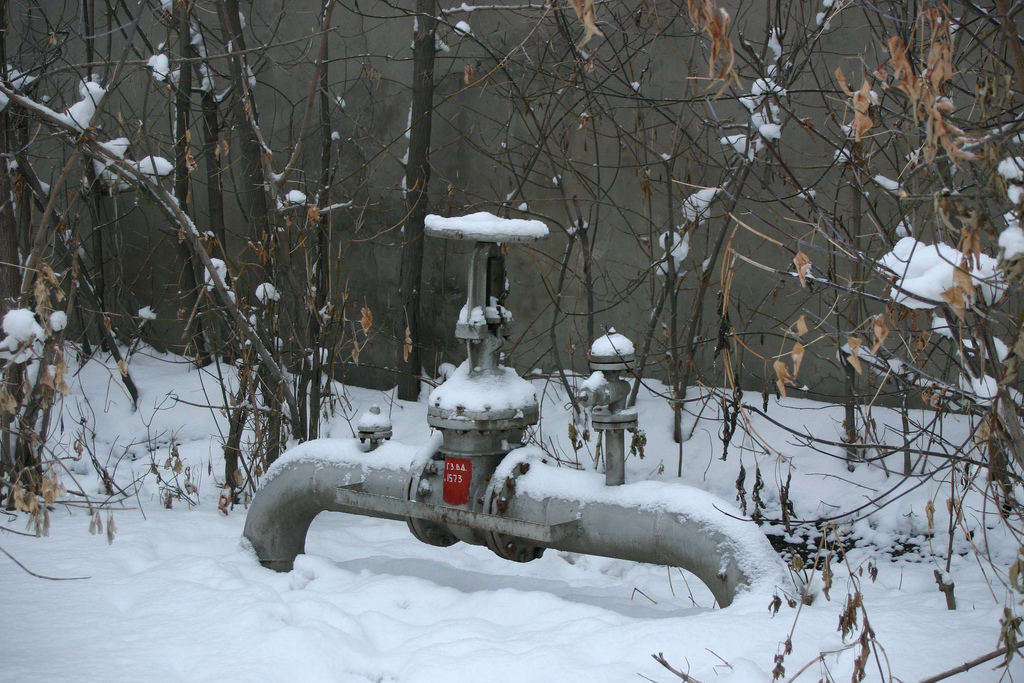
Outdoor Strategies
- Disconnect and drain your garden hose. It’s easy to forget about the hose once BBQ season ends and the garden is put to bed for the winter. However, ice in a hose can expand backwards and put pressure on your whole plumbing system.
- Insulate outdoor/vulnerable pipes. Think of it as putting a Snuggie on your plumbing. Insulation comes in many easy-to-use materials such as foam and fiberglass.
- Line outdoor/vulnerable pipes with a heat cable. Thermostat-controlled heating cables, also called heat tapes, help normalize pipe temps when the temperatures plummet.
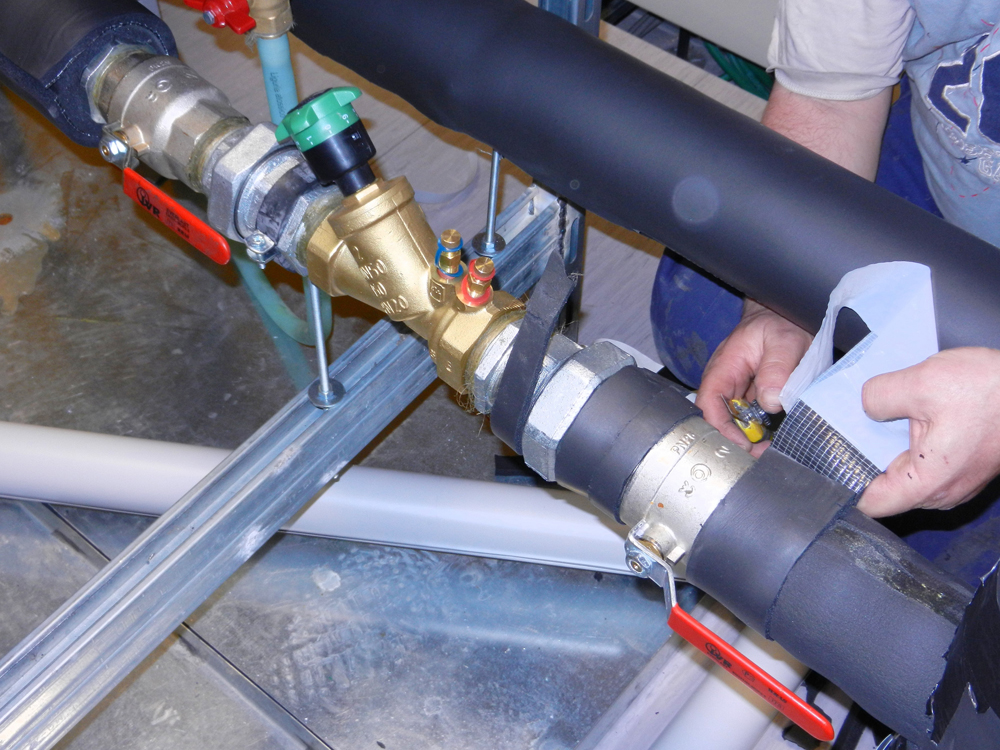
Indoor Strategies
- “Run your tap water so pipes will not freeze,” advises Michael Petri, Sr., president and owner of Brooklyn-based Petri Plumbing. A constant drip or trickle prevents ice from accumulating inside the pipes. (To conserve water, collect drippings for house plants and cleaning.)
- “But even more important,” Petri adds, “make sure you turn up your thermostat. This allows the water to circulate through your hydronic hot water heating system. You cannot imagine the damage I have seen where the heating system shuts off and the water in the heating pipe freezes and creates havoc.”
- Open doors to circulate hot air. If your sinks sit against exterior walls, they may catch cold behind closed cabinet doors. Circulate warm air under your sink by keeping doors open; you may even want to put a space heater close by for extra punch.
- Going away for an extended period of time? Check out our guide to closing down your house — and water system — for the winter.
Too Late — They Froze!
Uh oh…you found this article too late and you’ve fallen victim to the big freeze. If you suspect burst pipes and/or other damage, consider calling a professional to evaluate the situation. If you’re confident the pipes have minimal blockage, you may want to try warming them — very gently — with a space heater or a blow dryer.
Chris Colasanti, a Brooklyn resident with a second home in the Catskills, offers this advice: “We always need to put antifreeze in the shower drain. Without fail, at least once a winter, we forget and there we are pouring boiling water down a frozen drain, waiting hours for it to thaw,” he says. “Twenty-five hours later, during dinner, there is no better sound than the over-full tub finally draining. It’s music to our ears!”
Related Posts
How to Close Up Your Summer House for the Winter
From the Forum: Can a Gut Plumbing Job Be Done in Phases?
Plumbing Tips: Maintaining Your Boiler
Email tips@brownstoner.com with further comments, questions or tips. Follow Brownstoner on Twitter and Instagram, and like us on Facebook.
[sc:daily-email-signup ]
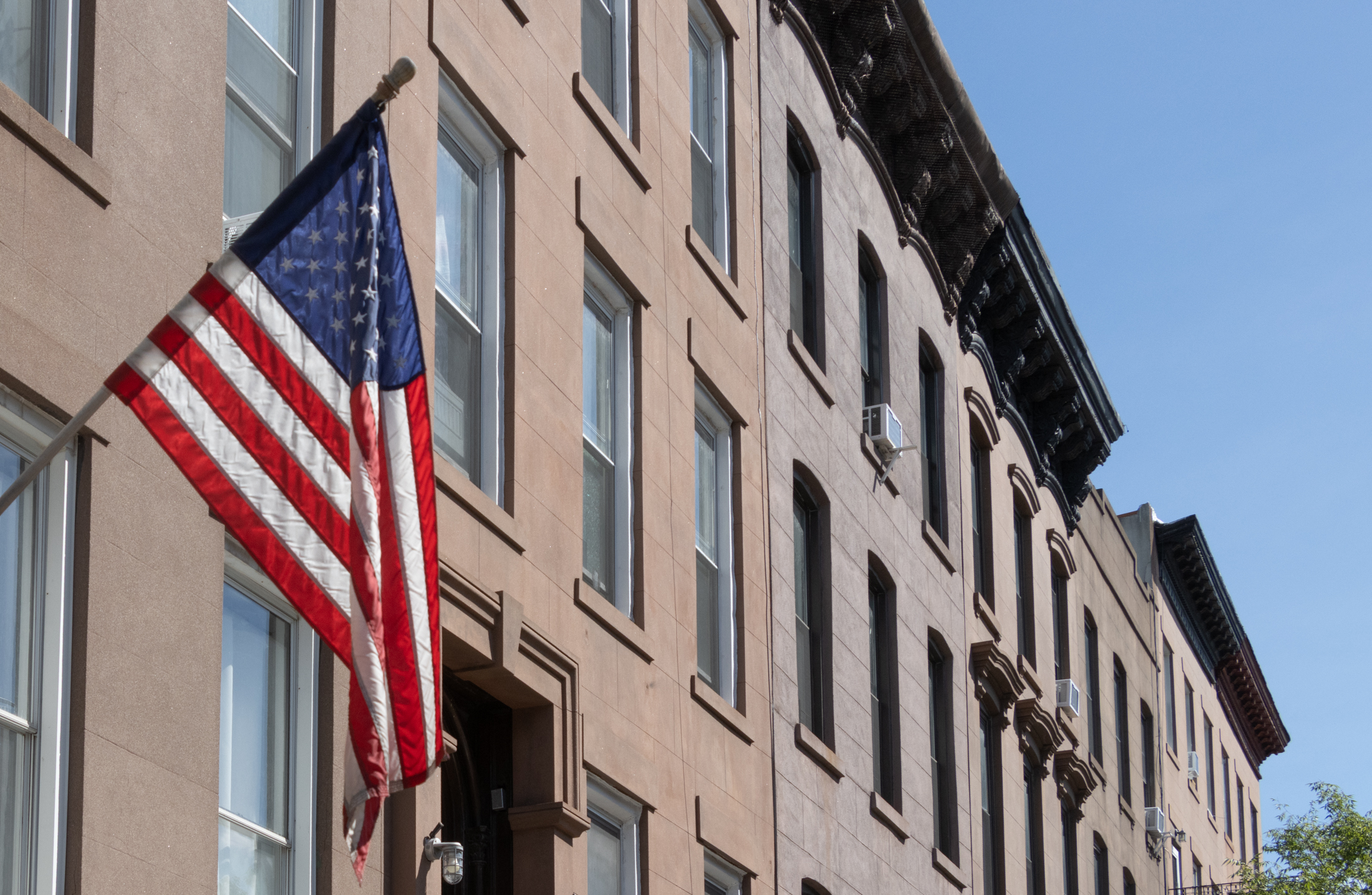
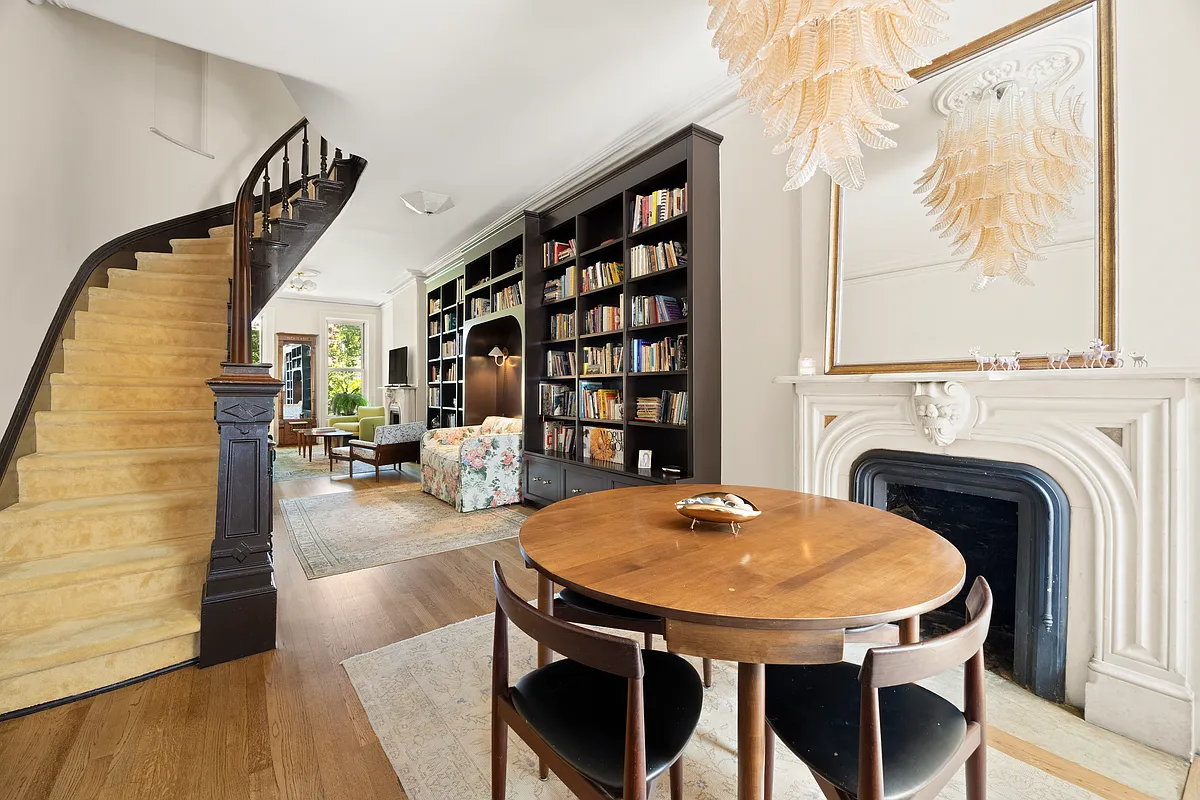
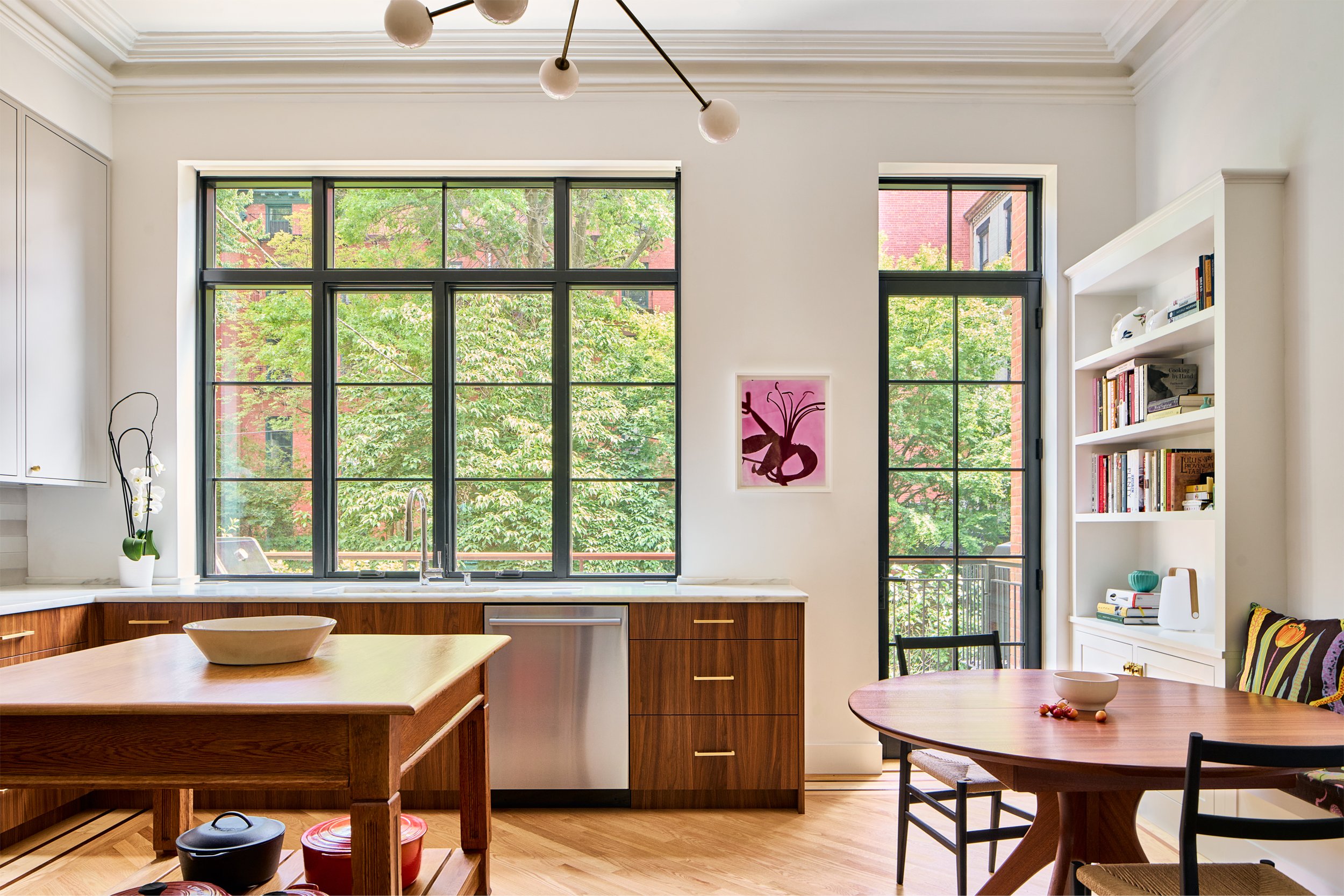

What's Your Take? Leave a Comment